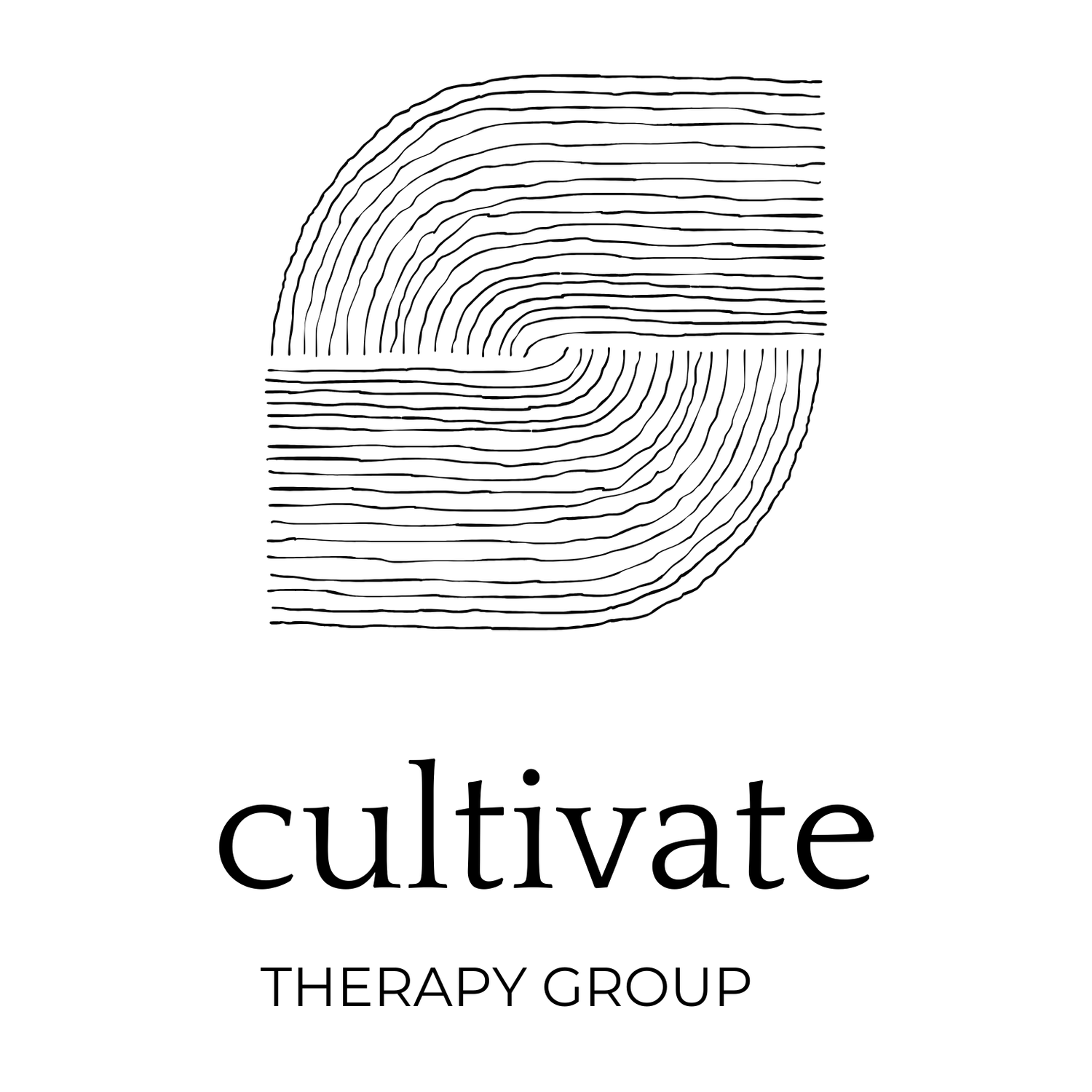
Self-Care Lessons from Regenerative Braking
My family recent got our first electric vehicle. It’s been fun to get used to all the new ways EV’s work and gamify our commute to see how much battery we use or save. One of the exciting features of hybrids and electric vehicles is the concept of regenerative braking. It’s normal and good to need times to stop and recharge our batteries (this is part of why the importance of sleep cannot be overemphasized for our mental and physical wellbeing). Between re-charges, regenerative braking offers us a more holistic, and often realistic path forward. Our daily lives are full of moments that require us expending energy, and moments that restore our energy, sometimes even in the same experience! Self-care following regenerative braking encourages us to keep a mindful balance of our internal battery life, pushing and exerting when required, and then leaning into something restoring or slowing down
A Therapist’s Top Mental Health & Wellbeing Book Recommendations
Therapy is a big investment of time, energy, and financial resources. And while I whole heartedly believe that therapy can be a profoundly healing experience that equips people with tools to live healthier, more fulfilling lives, it really is what you put into it. Merely attending a 50 minute session each week isn’t going to magically change your life. The winning combination is a willingness to show up and do the work in session, and implement those changes throughout your week.
One of my favorite recommendations for my counseling clients is to supplement our work with some intentional reading. By adding some adjunctive therapeutic reading (psychobabble term: bibliotherapy) on certain topics you want to change, then working to make those incremental changes can really help your healing process. So here are my most recommended mental health/well being & personal growth therapy books:
10 Ways to Know You’re Done with Therapy
I often tell my clients in my initial consultation call & first session that I believe if I’m successful in my role as therapist, I’ll eventually work myself out of a job. When we are successful, one day you’ll graduate therapy. To that end, it’s super important both client & therapist have a clear understanding of what success in therapy looks like in real, practical ways. That way, when we arrive there, we know it’s time to celebrate and send you on your way. Goal accomplished!
It’s Okay to Feel what You’re Feeling
How I first imagined using this time social distancing has had to change and evolve as news and my own reactions have changed (translation: I have NOT cleaned my baseboards). The effects of this pandemic are hitting everyone, and it affects people differently depending on different stages of life, personality types, family structures, socioeconomic status, occupation, living alone or with others, what was already going on in your life, etc.
It’s okay to feel what you’re feeling.
How a Therapist Deals with Coronavirus Pandemic Anxiety
My graduate school training did not offer a class on navigating pandemic anxiety. In fact, much of therapists’ training surrounding anxiety treatment has to do with things that are irrational, unlikely to happen, and blow out of proportion. And yet here we are in a global pandemic that requires serious attention & communal behavioral change, all without panic.
It’s a hard balance, right? As I write this, we in the Bay Area are in a 3 week (possibly longer) shelter in place ordinance. The news, social media sites, and conversations are absolutely saturated with COVID-19 updates, predictions of economic recessions, and fear. A lot people feel overwhelmed, including therapists.
Here’s how I’m dealing with my pandemic anxiety:

